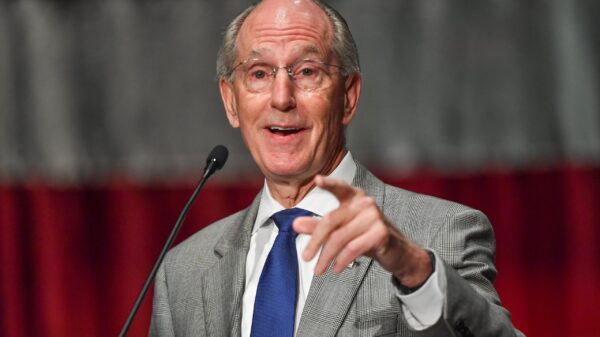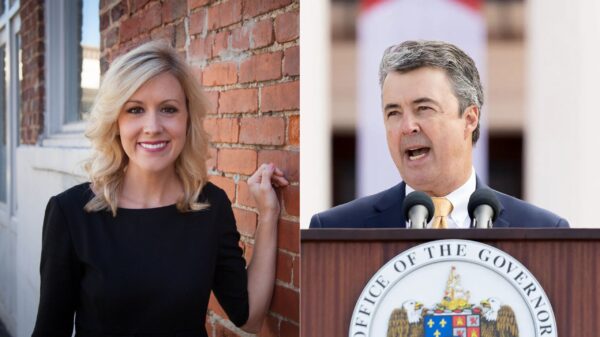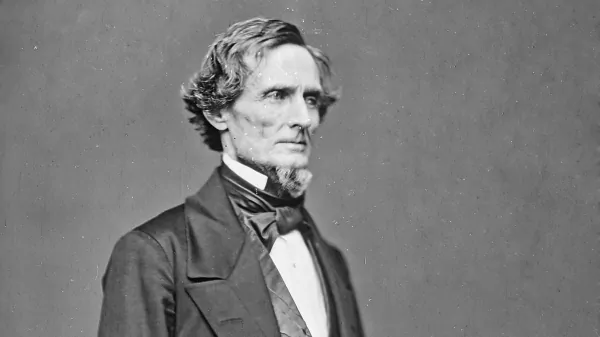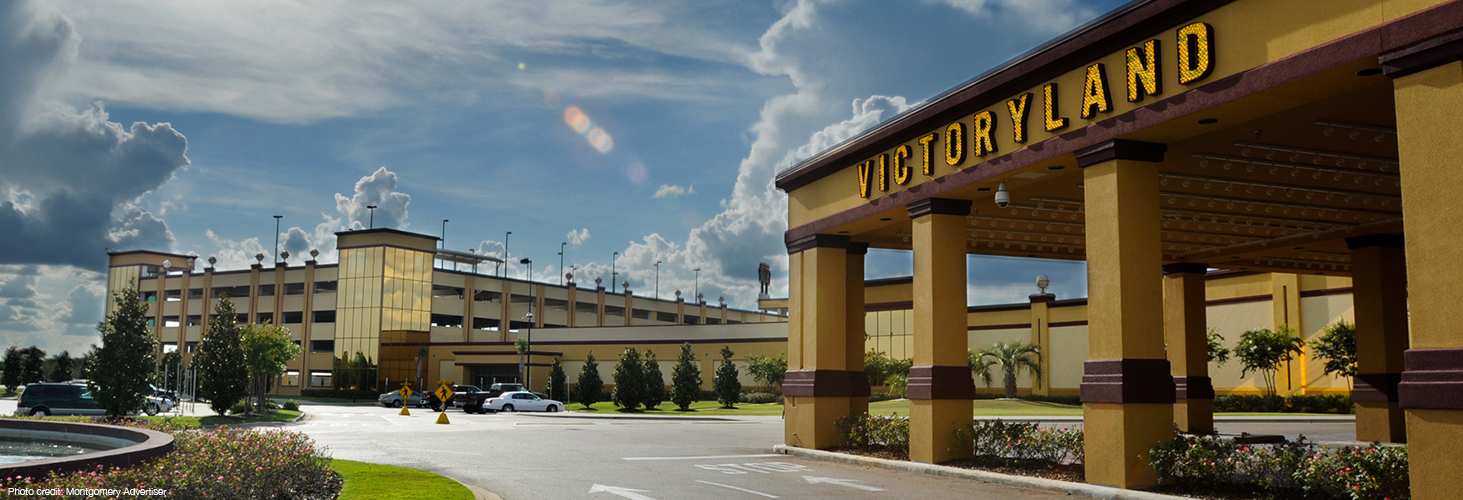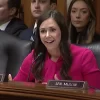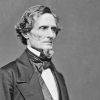By Josh Moon
Alabama Political Reporter
By early 2009, construction was far enough along on the Country Crossing facility in Dothan that it didn’t take much imagination to see customers flocking to the entertainment venue, spending the night in the George Jones Possum Holler Bed and Breakfast, eating at the Lorrie Morgan Hot Chicken Restaurant.
The experts had certainly bought in, as some of the country’s top financial advisors had directed their clients – some the country’s most famous sports stars and musicians – to dump millions of dollars into the $200 million facility.
Already, 800 people were at work at Country Crossing, and by opening day, it was estimated that 1,200 people would be employed in a county where unemployment at the time had jumped to nearly 10 percent.
There were similar plans for a facility just outside of Montgomery, in Shorter, where a gleaming gold hotel was now situated just off Interstate 85. VictoryLand and owner Milton McGregor was nearing completion of the second phase in a $200 million remodeling project.
There were 6,000 electronic bingo machines whirling away inside VictoryLand’s expanded gaming floor, new restaurants were busy serving customers at all hours of the day and night and the Oasis Hotel was accomplishing something nearly unthinkable two years before – turning Shorter into an overnight vacation destination.
All told, VictoryLand employed more than 3,000 people – by far the largest employer in Macon County and one of the largest in the State – and had plans to put another 1,000 on the payroll.
In Etowah County, near Gadsden, county officials were planning yet another electronic bingo facility, which feasibility studies – based on the popularity of paper bingo in the county and its proximity to Atlanta, Birmingham and Chattanooga – said would be highly lucrative.
The plans for that facility called for another $200 million entertainment venue that would employ more than 2,000 people.
In Greene County, where GreeneTrack and the Frontier casino are located, $5 million in upgrades at GreeneTrack were completed by 2003 and more were on the way. GreeneTrack employed more than 400 people in the State’s second poorest county and was considering plans that might double that.
All told, in 2009, Alabama was staring at economic development plans spread across the State – plans for which the State and most local municipalities would provide zero money in incentives or tax breaks – that totaled more than $800 million. Those projects would have directly employed nearly 8,000 Alabamians – a good portion of whom would reside in two of Alabama’s poorest counties (Macon and Greene) – and would dump – even without increased tax rates on the casinos’ income – more than $1 billion per year into State and local coffers.
None of them came to fruition and many of the employees who were working then are no longer working today.
In fact, instead of adding 8,000 jobs, the state lost 4,000.
What happened?
The Raids
Former Gov. Bob Riley, after more than five years of watching the casinos in Alabama grow and even awarding some of them (including VictoryLand) for their efforts in economic development and job growth, decided that electronic bingo was illegal.
Overriding the opinions of the state’s attorney general at the time, Riley based his change of mind on the opinion of “a young staff attorney” named Bryan Taylor.
Taylor, who would later become a State senator, based his opinion on a broad definition of an illegal slot machine written in an Alabama Supreme Court order. That definition, which defined a slot machine as any contraption in which money is inserted and a thing of value is obtained, gave Riley the legal leeway necessary to go after the casinos.
It’s important to note two things. First, law enforcement officials all over the state were complaining about small-time, pop-up casinos in strip malls and convenience stores, so Riley did have some impetus for exploring the legality of the machines. Second, the definition of the games offered by then-AG Troy King, coupled with limiting operations to only the counties with bingo amendments, would have been enough to allow Riley to shut down 90 percent of the small-time casinos.
So, why the gusto on the part of Riley? That’s where things get tricky – and where many believe a pattern of Alabama Republicans taking Indian casino money in exchange for eliminating the Indian casinos’ competition began.
Riley strongly denies he took any money from tribes – either the Poarch Band of Creek Indians that operate in Alabama or the Choctaw tribe that runs several casinos in Mississippi.
Documents and emails, however, suggest otherwise, and appear to prove quite convincingly that the former Governor was working with the Choctaws in the 2000s and that the GOP leadership had a similar arrangement with the Poarch Creeks starting around 2009.
Riley’s ties to the Choctaws originated in the oddest of ways – through a GOP-led investigation of fraud committed against several Indian tribes. The focus of that investigation was a two-man team famously headed by lobbyist Jack Abramoff that bilked Indian tribes out of more than $66 million.
Through emails and records obtained during the course of that investigation, the Senate committee investigating was able to put together a mountain of evidence showing how the Choctaws, starting in late-1999 and continuing through 2003, funneled millions of dollars into Alabama. A good portion of that money went to the State’s Christian Coalition and its director Ralph Reed.
In total, Reed took in more than $1.3 million in just three months in exchange for directing 3,000 pastors and more than 90,000 conservative household – those were Reed’s numbers – at defeating lottery and gambling proposals.
In addition, more Choctaw money was directed to the Republican Governor’s Association. The Choctaws put in $500,000 in 2002 – the year Riley won the state’s governor’s race for the first time – and Abramoff’s partner in crime, Michael Scanlon, put up another $100,000 that went directly to Riley’s campaign.
The RGA later donated $600,000 to Riley’s campaign, although the former governor insists that none of it came from the Choctaws.
The Pass-Through
Using a pass-through – in this case the RGA – was not a first for Abramoff and the Choctaws. In order to funnel money to Reed without the Christian Coalition being forced to report large donations from a casino-operating Indian tribe, the money was first directed through a company owned by Grover Norquist, the famed anti-tax lobbyist.
That setup led to another pass-through operation – this one to help Alabama Republicans who were intent on “storming the statehouse” in 2010 avoid disclosing that a sizeable sum of their campaign funds came rolling in from the Poarch Creeks.
An internal document from the Republican State Leadership Committee published by Politico in August 2014 provides a detailed look into the way the RSLC was being used by now-convicted former House Speaker Mike Hubbard and other state Republicans to essentially launder Poarch Creek donations.
The document obtained by Politico was the conclusion of an internal investigation the DC-based RSLC leadership conducted into reports of improper donations in Alabama. That report referred to the Poarch Creeks’ donations as “toxic” and said the fallout from the discovery of the pass-through would be “a disaster for Alabama Republicans.”
Essentially, the scheme, according to the document, worked exactly like the alleged scheme Riley – who was Hubbard’s mentor and personal friend – concocted with the Choctaws and the RGA. Hubbard would solicit donations from various entities around Alabama and beyond on behalf of the RSLC and then have the RSLC donate that money back to Alabama candidates’ campaigns, the ALGOP and other Alabama PACs.
One of the PACs to which the RSLC donated was, coincidentally, the same PAC used by the Choctaws to divert money to Reed and the Christian Coalition, furthering the belief that the scheme mirrored the one used by Riley, Abramoff and the Choctaws.
In addition to all of that, the investigation report also alleged that RSLC president Scott Ward told the Committee’s attorneys that Hubbard approached him with the scheme.
Poarch Creek Windfall
While all involved denied the accuracy of the report, its numbers were remarkably accurate. The report listed $550,000 in donations from the Poarch Creeks and a total of $1.1 million in Alabama donations between January 2009 and March 2011. The group sent $1.4 million to Alabama.
Additionally, both Senate Pro Tem Del Marsh and a Poarch Creek tribal council member confirmed that Marsh asked for donations from the tribe in 2009, and the report lists the Poarch Creeks donations to the RSLC as $350,000 in 2010 and $200,000 more in 2011. Those figures have not been disputed.
One of the main political beneficiaries of the RSLC’s cash pipeline was Alabama Attorney General Luther Strange. The same man who has led the raids on non-Indian casinos across the state, and then fought with casino owners in court to keep them shuttered was handed $100,000 in RSLC money in 2010.
Those donations paid off. In 2012, according to numbers it provided in annual earnings reports, the Poarch Creeks’ gaming revenue jumped from $542 million in 2011 to more than $600 million in 2012, with the tribe’s profits increasing from $298 million to $332 million.
That money has only grown, as the Poarch Creeks enjoyed a tax-free monopoly that was guaranteed not only by the AG’s office’s threats of raids but also an unusual, legally-questionable agreement that Strange entered into with the manufacturers of electronic bingo machines.
Under that agreement, Strange allowed three of the top manufacturers to retrieve machines worth millions of dollars that his office had seized during raids and in exchange the manufacturers signed documents stating they would not supply additional machines to VictoryLand, Country Crossing or White Hall casinos. If they did so, they would be subject to criminal prosecution and be named as parties in lawsuits.
The three agreements each included a specific exemption for the manufacturers to supply machines to the Poarch Creeks’ facilities, which is how machines still bearing stickers with the VictoryLand logo ended up on the casino floor at the Wind Creek casino in Atmore.
Strange’s ties to outside casino interests doesn’t stop there. The Republican Attorneys General Association, for which Strange now serves as chairman, contributed $50,000 to the Alabama AG in 2014.
RAGA’s top private donor? The Las Vegas Sands casino, which dumped more than $1.5 million into the Association in 2014 and has put another $500,000 in over the past year.
The Sands is owned by billionaire Republican Sheldon Adelson, who, like the Poarch Creeks, is in the running to operate a casino in Georgia, should that state’s legislature approve gaming as expected this year.
In the meantime, Alabama’s tax revenue from gaming stands near zero. And as the Poarch Creeks have flourished, and neighboring states have built casinos and implemented lotteries, Alabama has continued its long-running gambling debate.
Which means, as all of the ills of gaming that the anti-gaming lawmakers bemoan continue to grow – from the three Poarch Creek casinos in the State, the lotteries in Georgia, Tennessee and Florida and the casinos in Mississippi – Alabama has no source of revenue to combat it. And it certainly doesn’t have the more than $7 billion in tax revenue that neighboring states have hauled in since Riley task force conducted its first raid.
Coming Soon: Part III: Alabama’s Courts and Gambling Laws


